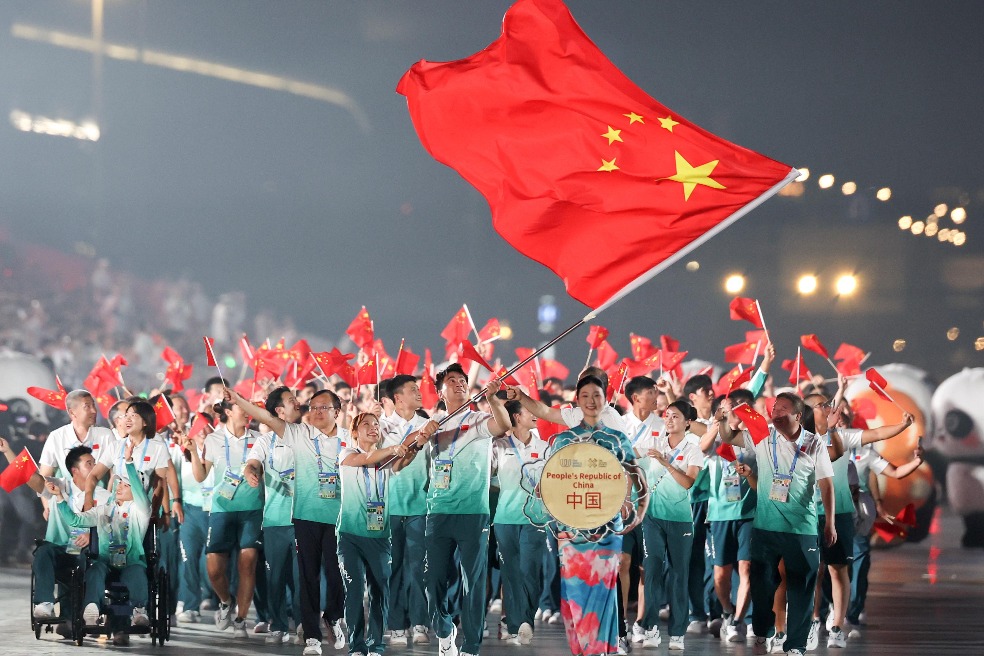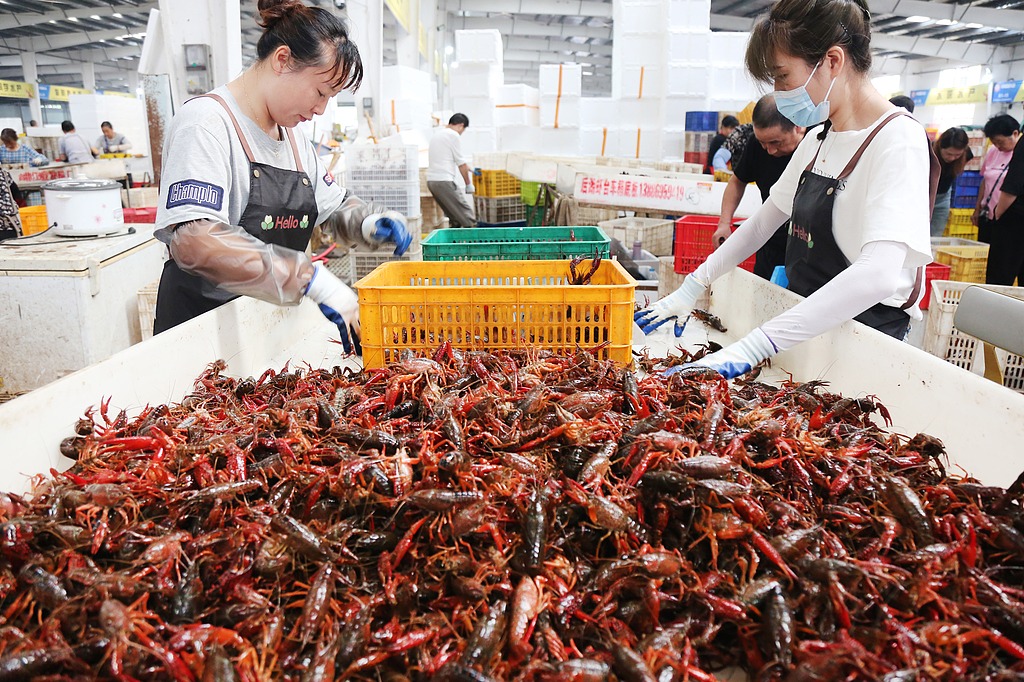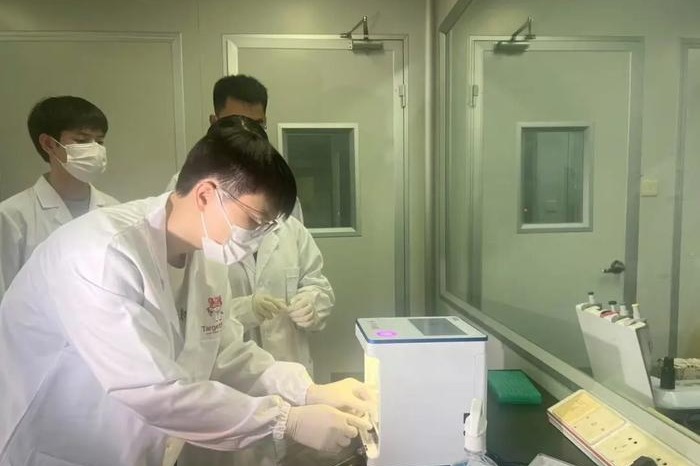Lenders gear up to prevent credit risks
State-owned commercial banks step up measures amid COVID-19 epidemic

China's large State-owned commercial banks remarkably increased the appropriation of impairment losses on loans in the first half to improve their capacity to combat risks after the COVID-19 pandemic broke out.
Industrial and Commercial Bank of China Ltd, the country's largest commercial lender by assets, appropriated 111.7 billion yuan ($16.3 billion) of impairment losses on loans in the first six months, up 21.6 percent year-on-year.
During the same period, Bank of China Ltd recorded a 97.5 percent growth of impairment losses on assets. The increase in credit impairment losses varied from 21.3 percent to 54.7 percent for the other four large State-owned commercial lenders.
"To deal with potential credit risks in the future, our bank largely increased impairment losses on assets in the first half, which is a major reason for a year-on-year decline in profit for the period," said Zheng Guoyu, executive vice-president at Bank of China.
"At the same time, this move also laid a solid foundation for the long-term development of our bank. Our capacity to offset risks has been further improved, with the allowance for loan impairment losses to nonperforming loans rising 3.6 percentage points from the end of last year to 186.46 percent at the end of June," Zheng said.
BOC's profit for the six months ending on June 30 fell 11.22 percent from the first half of last year to 107.81 billion yuan, while its pre-provision profit increased by 5.65 percent year-on-year.
The other five large banks also saw a net profit decline ranging from 9.96 percent to 14.61 percent.
Gu Shu, president of the Industrial and Commercial Bank of China, said the drop in net profit is a result of the bank's efforts to increase support for the prevention and control of the pandemic, forgo part of its profit to stabilize the real economy, and speed up financial risk mitigation while abiding by the principle of conducting commercially sustainable businesses.
"The financial sector and the real economy coexist for common prosperity and share hardships together. Serving the real economy is the financial sector's bounden duty. It is also the fundamental approach to prevent financial risks," Gu said.
Since the beginning of this year, ICBC has surrendered a large part of its profit to boost the real economy through measures such as reducing financing costs for enterprises, waiving fees, and deferring payments of loan principal and interest for qualified micro-, small and medium-sized businesses. The interest rate of its new loans fell 40 basis points to 4.53 percent in the first half.
"Lowering interest rates and fees will affect commercial banks' profits in the short term, but it will give a strong push to the economic and social recovery in the long run. We will eventually realize a virtuous cycle leading to sustainable development of the economy and finance," said Liu Guiping, president of China Construction Bank Corp.
Like its counterparts in the United States and Europe, CCB significantly increased the appropriation of impairment losses on loans in the second quarter given the spread of the pandemic worldwide.
"The global economy is still in the adjusting process and still has a long way to go to become stabilized. Therefore, we will see an increase of nonperforming exposures step by step although it may not be a sharp rise, especially if we take into consideration the fluctuations that may be brought by our withdrawal from the policy next year, which allows pandemic-hit small businesses to temporarily delay payments of loan principal and interest," said Jin Yanmin, chief risk officer of CCB.
"But generally speaking, this is within the acceptable range of our bank," he said.
The level of allowance for loan impairment losses to nonperforming loans of CCB stood at 223.47 percent by the end of June, well above regulatory requirements.
The big six banks maintained generally stable quality of credit assets in the first half.
Except for Bank of Communications Co Ltd, which saw a rise in the NPL ratio by 21 basis points from the end of last year to 1.68 percent at the end of June, the other five banks recorded a slight increase in their NPL ratios to as high as 1.5 percent, up by a maximum of 7 basis points.

Today's Top News
- AI powering China's industrial evolution
- Tech innovation propels nation's industrial future
- Chengdu World Games concludes amid wide acclaim
- Trump, Putin say Alaska meeting 'constructive'
- China, India to?start new round?of consultations
- Healthy China-India relations good for regional development and stability































